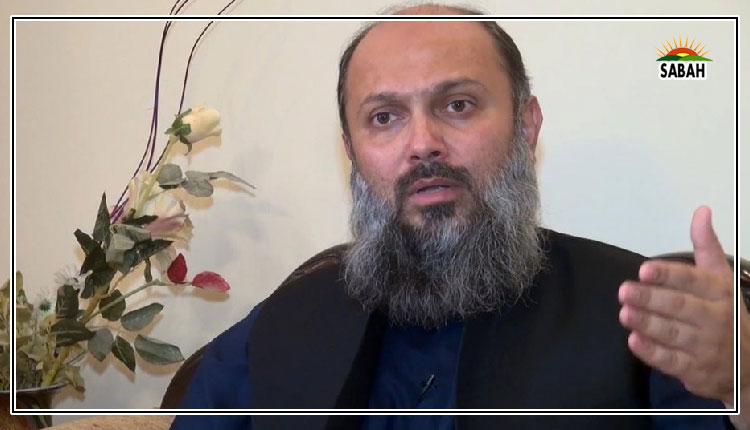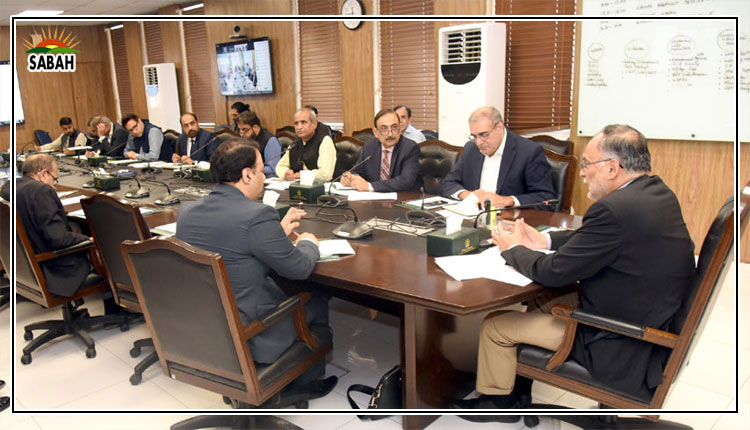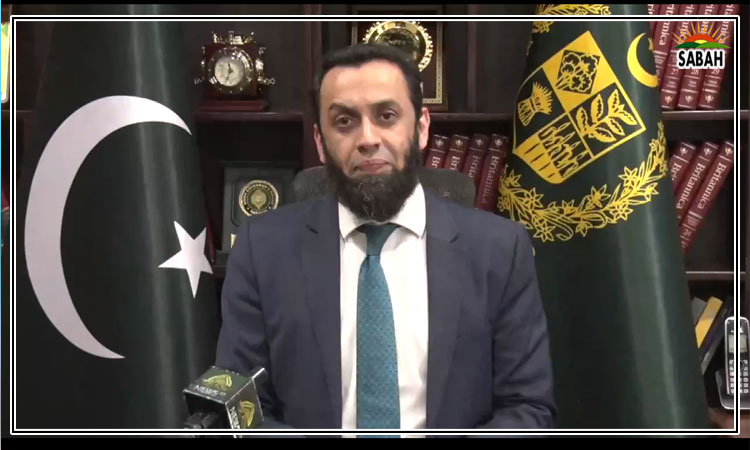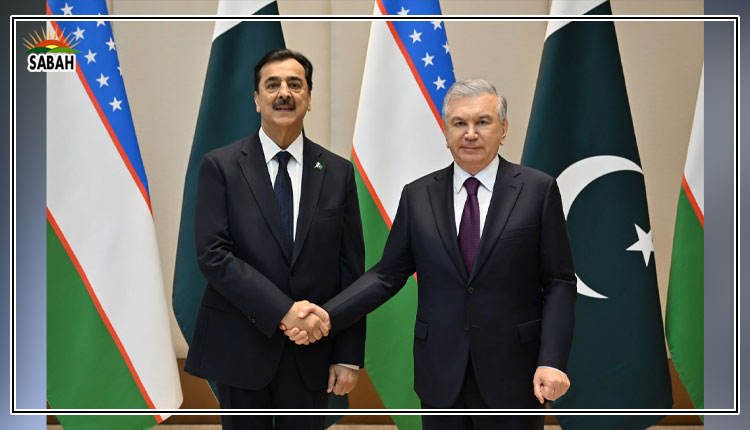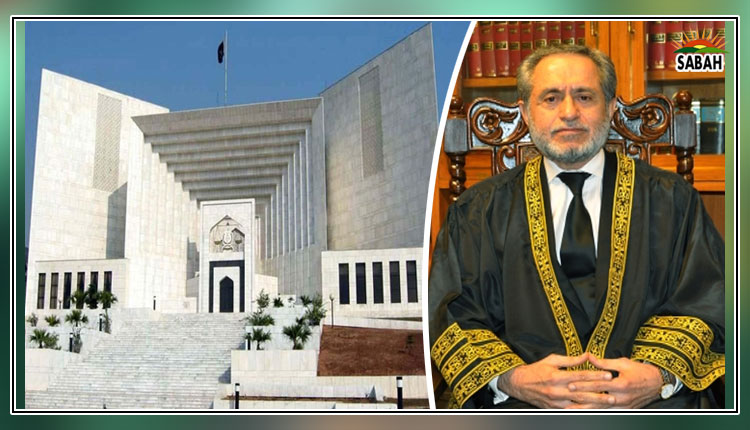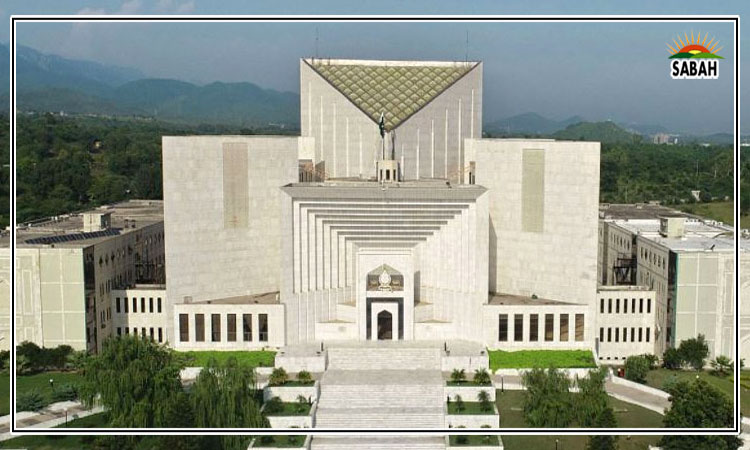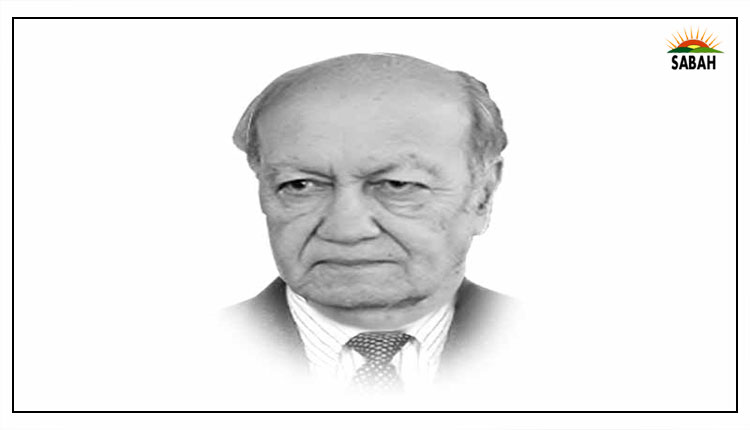Striving for a better future…Talat Masood
As the year comes to an end, it is important that we take stock of the happenings in the country and see where we went wrong or could have done better. More importantly, we need to see what changes and new policies should be pursued for a better future for the present and coming generations. The answer to most of these is well known and even within our capabilities but it is the implementation in which we are lacking. So how to overcome these failings! Similar critical scrutiny is necessary while looking at oneself and taking concrete measures to improve upon them.
Pakistan’s politics remains highly conflictual – something that sidetracks the country’s energy in an unproductive mode having an adverse effect on the economy and the image of the country. There are several contributing factors that have prevented Pakistan’s politics from maturing. The most glaring being the lack of adherence to constitutional obligations by state institutions – be it the army or civil bureaucracy. The infighting amongst the political parties is another major factor. It weakens their power and lowers their image and facilitates other state institutions to interfere and influence political behaviour. The worse is that the political leadership finds reliance on state institutions as a convenient means to capture power and suppress the opposition.
There has to be a serious rethink on our lack of adherence to constitutional and democratic norms. The recent legislative and constitutional changes have not been in the interest of the country and were apparently designed to further tilt the power balance in favour of state institutions. Policies or legislation meant to thwart particular politicians or give leverage to senior bureaucrats or army officers do not necessarily serve national interest. The country is already way behind even within the region and we need progressive policies and their strict implementation that will boost national power and cater to people’s interest.
Parliamentarians and senators do discuss and dilate on various pressing national issues but the reality is that there are some serious and fundamental weaknesses that the country is suffering from and is badly affecting the lives of millions of our people. There is not sufficient realisation of this serious decline. It is time that the government gave the highest priority to the betterment of the masses. Critical statistics show that the level of poverty, state of literacy, adherence to democratic values, etc are in steep decline.
The hostility between PML and PTI and the treatment being meted out to Imran Khan and to other PTI leaders by the government clearly undermines efficiency and sets a wrong precedence, promoting vengeance. When a political party is unduly suppressed, the government loses its legitimacy, and its image suffers. What is rather worrisome is that there is no effort to correct the situation. Introducing legislation in this disturbed environment to change the service conditions of high-ranking officers – which may well be necessary – should have awaited and been subjected to a more thorough scrutiny. This approach makes sense, as constitutional changes are a political activity. To make constitutional changes, political leaders have to set aside their differences and work in unison. People expect that the political leaders will shelve their differences for after all the Constitution is like building the framework of how the country will operate. Advice of state institutions in the process is necessary but the responsibility rests with the politicians and history will judge them accordingly.
The state of the economy is another matter of serious concern. Leaning heavily on IMF and friendly Muslim countries, especially Saudi Arabia, has become a norm with no inhibitions. China has been advancing loans to ease Pakistan’s tight monetary situation. The leadership should realise that economic dependence for long periods compromises the country’s image and standing. These weaknesses have given India further leverage to tighten its hold on Kashmir and belittle Pakistan on international forums. It is necessary for the government to give high priority to achieving self-reliance. This needs the full cooperation and endorsement of all major political parties and provincial governments and support and understanding of state institutions.
In the conflictual environment that the country is operating serious issues of the state are neglected. The rapid rise of population is a major issue and a key challenge that needs to be addressed. It is not going to go away on its own, but will rather get worse. The demographic challenge affects our women the most and reflects their weak position in society. This too requires a fundamental change of attitude and understanding by the people as well as the leadership. There has been an effort to empower women but it is not enough and a greater focus on their betterment is needed, especially in the case of those that are living in rural areas.
We also have the world’s largest population of young people, with two-thirds of it below the age of 30. We are the sixth most populous country in the world and if effective measures are not undertaken, we will be the fourth with one of the highest birth rates in South Asia. The political leadership and business leaders are conscious of this reality as the advertisements on electronic and print media suggest. But what is needed is a renewed resolve and concrete measures to deal with this challenge. The urgings of the country’s population experts should be heard and acted upon.
There is need to finance education at all levels and provide the younger generation opportunities to acquire quality education as well as skills to compete in the contemporary world. So far, we do not see a serious attempt and focus on it at the federal or the provincial level. To make our leaders more conscious of this responsibility, there has to be a drive by think tanks as well as print and electronic media. Social networks can also play an important role.
The country needs a major transformation to catch up and keep pace with the region and the world. This will require a sustained focus on democratic correctness, education, curbing population, dealing effectively with terrorist organisations, increasing exports and significantly improving governance.
COURTESY ![]()



